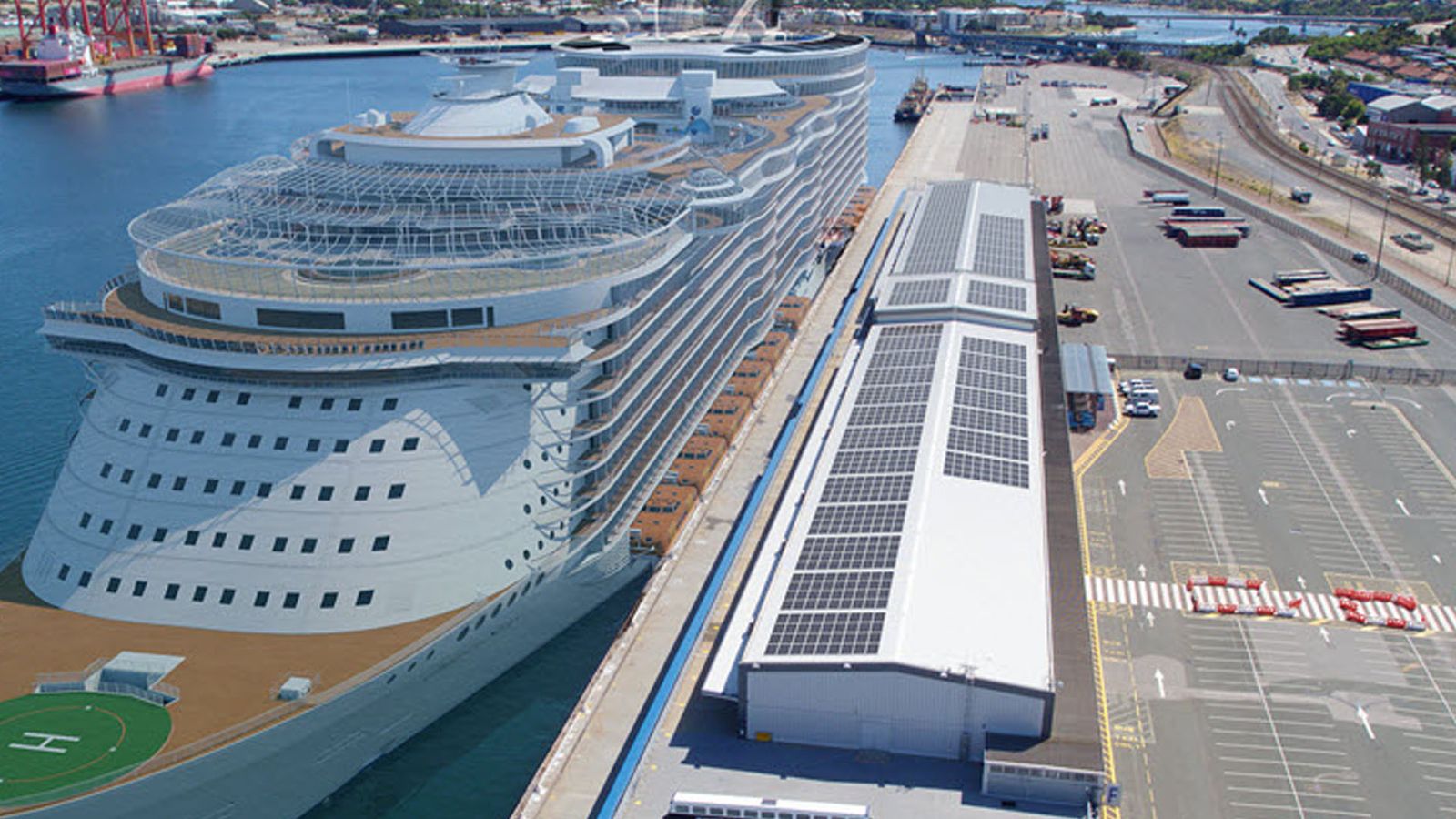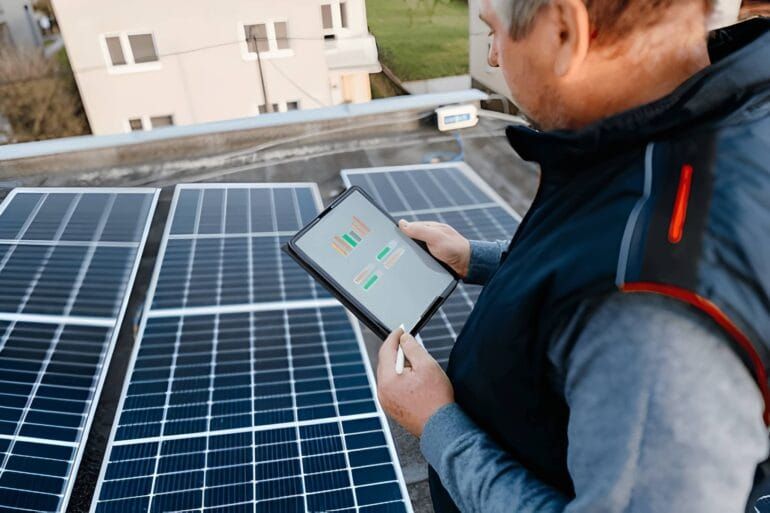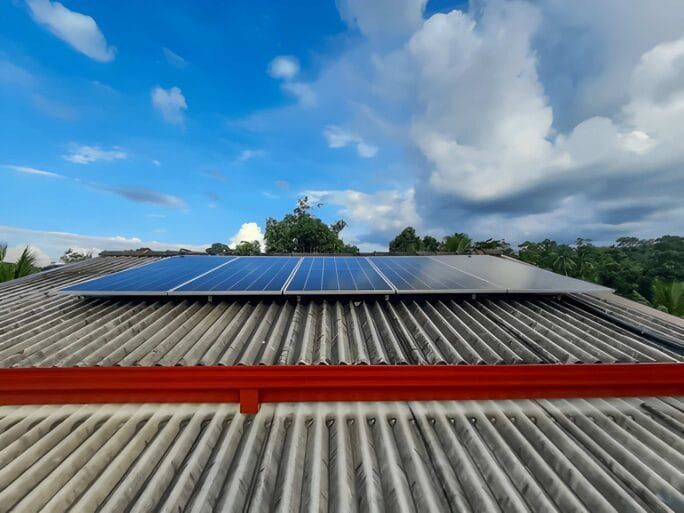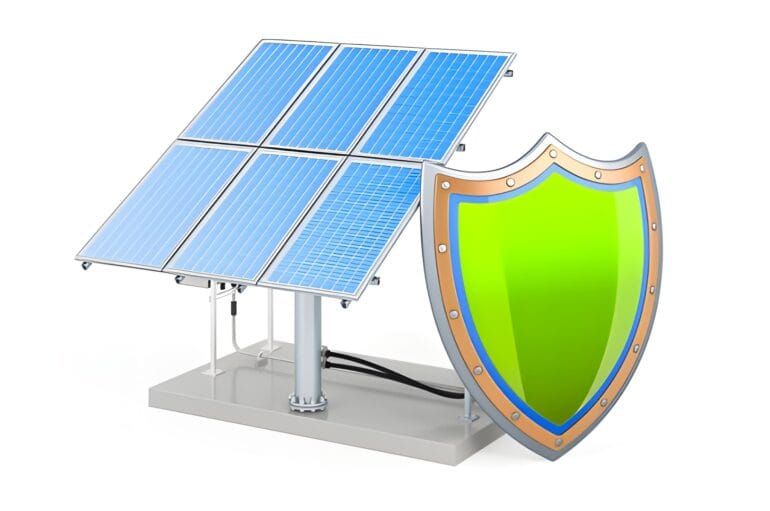The Fremantle Passenger Terminal in Western Australia has recently taken a significant step forward in its efforts to become a more sustainable and environmentally-friendly facility. In a groundbreaking move, the terminal has installed a state-of-the-art solar power system that will generate clean, renewable energy and help to significantly reduce the terminal’s carbon footprint.
The Fremantle Passenger Terminal in Western Australia (WA) is embarking on an exciting new journey towards sustainability by embracing solar power. This iconic terminal, known for its vibrant maritime activities and bustling cruise ship industry, is making a significant shift towards clean energy. By harnessing the power of the sun, the Fremantle Passenger Terminal is set to lead the way in reducing carbon emissions and creating a greener future for the region.
The Fremantle Passenger Terminal has long been a hub of activity, welcoming tourists, cruise ship passengers, and locals alike. However, with the growing concern for climate change and the need to transition towards renewable energy sources, the terminal’s management has decided to embark on a transformative journey. The installation of solar panels will not only help reduce the terminal’s carbon footprint but also inspire other industries in WA to follow suit.
Harnessing the Power of the Sun
Benefits of Solar Energy
- Clean and Renewable Energy
- Reduction of Carbon Footprint
- Cost Savings and Financial Incentives
The Solar Installation Process
- Design and Planning
- Installation and Implementation
- Integration with the Existing Infrastructure
Solar Panels and Technology
- Photovoltaic Cells and Their Function
- Types of Solar Panels
- Efficiency and Performance Considerations
The Fremantle Passenger Terminal Solar Project
The Fremantle Passenger Terminal solar project aims to transform the terminal into a sustainable and environmentally friendly space. The installation of solar panels on the terminal’s rooftops will generate clean electricity and reduce the reliance on conventional power sources. Here are some key aspects of the project:
1. Sustainable Energy Generation
The solar panels installed on the Fremantle Passenger Terminal will harness the abundant sunlight in WA and convert it into usable electricity. This clean energy will power various operations within the terminal, including lighting, air conditioning, and other essential services. By generating sustainable energy on-site, the terminal can significantly reduce its carbon emissions and contribute to the overall well-being of the environment.
2. Carbon Footprint Reduction
One of the primary goals of the solar project is to reduce the carbon footprint of the Fremantle Passenger Terminal. Traditional power sources, such as coal-fired electricity, contribute to greenhouse gas emissions. By adopting solar energy, the terminal will lower its reliance on these fossil fuels, leading to a substantial decrease in carbon dioxide emissions. This initiative aligns with global efforts to combat climate change and promote sustainable development.
3. Positive Environmental Impact
The solar transformation of the Fremantle Passenger Terminal will have a far-reaching positive impact on the environment. By shifting towards clean energy, the terminal will contribute to the preservation of natural resources, reduce air pollution, and support the transition to a low-carbon economy. This initiative sets an example for other transportation hubs and infrastructure projects to prioritize sustainability and embrace renewable energy solutions.
A Bright Future for Sustainable Transportation
The Fremantle Passenger Terminal’s transition to solar energy paves the way for a brighter and more sustainable future for transportation hubs. By embracing clean energy solutions, the terminal demonstrates its commitment to reducing its environmental impact and contributing to a greener Western Australia. This initiative aligns with global efforts to mitigate climate change and encourages other infrastructure projects to prioritize sustainability.
The integration of solar power into the Fremantle Passenger Terminal is a testament to the advancements in renewable energy technology. As solar panels become more efficient and cost-effective, they offer a viable solution for meeting the energy needs of large-scale facilities. The terminal’s solar project not only benefits the environment but also showcases the economic advantages of embracing clean energy.
Moreover, the adoption of solar energy sets a positive example for other transportation hubs in Western Australia. It encourages them to evaluate their energy consumption and explore sustainable alternatives. By reducing their reliance on conventional power sources, these facilities can contribute to a significant reduction in carbon emissions and promote a more sustainable and resilient transportation sector.
In addition to the environmental benefits, the Fremantle Passenger Terminal’s solar initiative also presents economic advantages. Solar energy is a renewable resource, meaning the terminal will have a stable and predictable source of electricity for years to come. This will lead to long-term cost savings and help protect the terminal from the volatility of fossil fuel prices. Furthermore, the project may qualify for financial incentives, such as government rebates and renewable energy credits, which can further enhance the economic viability of the solar installation.
As the Fremantle Passenger Terminal embraces solar energy, it invites the community to join in its sustainable journey. Visitors and passengers can witness firsthand the positive impact of clean energy in action. The terminal can provide educational opportunities to raise awareness about renewable energy and inspire individuals to adopt sustainable practices in their own lives. This collective effort will contribute to a greener Western Australia and a more environmentally conscious society.
In conclusion, the Fremantle Passenger Terminal’s transition to solar energy marks a significant milestone in Western Australia’s pursuit of a cleaner and more sustainable future. By harnessing the power of the sun, the terminal is reducing its carbon footprint, inspiring other infrastructure projects, and fostering a culture of sustainability. The solar project exemplifies the transformative potential of clean energy and sets the stage for a new era of clean, efficient, and environmentally friendly transportation hubs.
1,100 Solar Panels at Fremantle Passenger Terminal
The solar power system is contained up to 1,100 high-quality solar panels, each of which is capable of generating a significant amount of electricity.
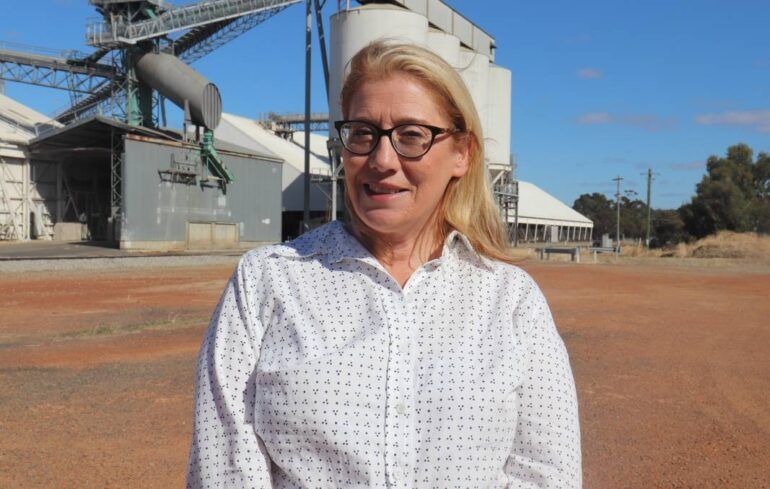
In total, the system is expected to produce around 500 megawatt-hours of electricity each year, which is enough to power around 400 homes for an entire year.
This is a significant achievement for the terminal and will go a long way towards reducing its reliance on traditional power sources.
The installation of this solar power system was partly funded by the Western Australian government, which recognizes the importance of investing in clean energy infrastructure.
By supporting this initiative, the government is demonstrating its commitment to creating a more sustainable future for the region and for future generations.
One of the most exciting aspects of this new solar power system is the potential cost savings that it will provide for Fremantle Ports.
The terminal is projected to save millions of dollars in energy costs over the lifetime of the installation, which will help to boost the bottom line and ensure that the facility remains competitive and financially viable over the long term.
But the benefits of this new solar power system go beyond just financial savings.
By generating clean, renewable energy, the terminal is taking an important step towards reducing its environmental impact and creating a more sustainable future for the region.
This is an issue that is becoming increasingly important to people all around the world, and the installation of this solar power system is a clear indication that Fremantle Ports is taking the issue seriously.
Of course, there are also technical aspects to this solar power system that is worth discussing.
The panels have been designed to be highly efficient, with advanced monitoring and control systems in place to ensure that they are always operating at peak capacity.
This means that the terminal will be able to rely on this renewable energy source around the clock, regardless of weather conditions.
Fremantle Passenger Terminal is setting an example
By leading the way in clean energy innovation, the Fremantle Passenger Terminal is setting an example for others to follow.
Another important factor to consider is the role that this solar power system will play in inspiring other facilities and organizations to follow suit.
This is important because it will take a collective effort to create a more sustainable future for our planet, and every small step counts.
Conclusion
In conclusion, the installation of this solar power system at the Fremantle Passenger Terminal is an exciting development for Western Australia and for the region as a whole. By harnessing the power of the sun to generate clean, renewable energy, the terminal is taking an important step towards reducing its environmental impact and creating a more sustainable future for all of us.
Easy Solar has made it its mission to provide easy, affordable access to clean energy solutions for communities all around the world.
By offering a range of products and services that harness the power of solar energy, they are helping to build a brighter, more sustainable future for everyone.
Whether you’re looking to install solar panels on your home or business, or simply want to learn more about the benefits of clean energy, Easy Solar can help.
Our team of experts is always on hand to answer your questions and provide guidance on how to incorporate clean energy into your daily life.
If you’re interested in learning more about Easy Solar and the services they offer, give them a call today at 1300 646 419.
By taking this small step, you can join the growing movement towards a cleaner, more sustainable future for all. Together, we can make a difference and create a better world for generations to come.
The Fremantle Passenger Terminal’s decision to embrace solar energy marks a significant milestone in WA’s journey towards a cleaner and more sustainable future. By harnessing the power of the sun, the terminal is not only reducing its environmental impact but also inspiring others to follow suit. The solar project showcases the feasibility and benefits of renewable energy adoption in large-scale infrastructure and serves as a shining example of how clean energy can transform the way we operate and build our communities.
FAQs
Q: How will solar panels benefit the Fremantle Passenger Terminal?
- A: Solar panels will generate clean and renewable energy, reducing the terminal’s carbon footprint and operational costs.
Q: What is the process for installing solar panels on the terminal?
- A: The installation process involves design, planning, implementation, and integration with the existing infrastructure.
Q: How do solar panels work?
- A: Solar panels contain photovoltaic cells that convert sunlight into electricity, which can be used to power various operations within the terminal.
Q: Will the solar project have a positive impact on the environment?
- A: Yes, the solar transformation will contribute to reducing carbon emissions, preserving natural resources, and promoting a low-carbon economy.
Q: What is the significance of the Fremantle Passenger Terminal’s solar initiative?
- A: The terminal’s solar project sets an example for other infrastructure projects, encouraging the adoption of renewable energy and sustainability practices.
